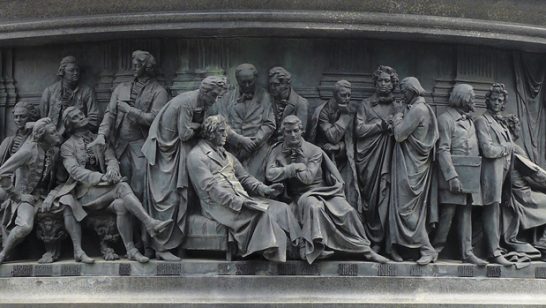
Russia’s assault on Ukraine and the annexation of Crimea delivered a shock that may have shaped Europe’s future for decades. These actions compelled governments across the continent to fundamentally reconsider their relationship with Russia. The repercussions of 2014 have also led to questions over the resilience of the international liberal order and the West’s ability to defend the rules and norms that underpin it. To many European states, apparent fragility has compelled a re-evaluation of the European security architecture.
The paper identifies three camps in Europe with differing attitudes towards Russia:
- “Confront and Contain”;
- “Accommodate and Engage”; and
- “Pressure and Engage”
The brief also examines how the EU and NATO’s approach towards Russia has evolved since 2014. Axel Hellman argues that Russia’s actions have contributed to both EU and NATO solidarity, hardening the EU position and strengthening unity within the bloc. Based in part on study visits to European capitals and interviews with European diplomats, politicians and strategic advisers across Europe – many of whom members of the European Leadership Network (ELN) – the paper is also informed by the discussions of the ‘Contact Group on Russia-West Relations.’ Acknowledging that the impressions shared do not represent the full spectrum of strategic thinking in Europe with regard to Russia, and that countries highlighted do not represent the full diversity of policy within NATO and the EU, important nuances will inevitably be lost. Nonetheless, this report illustrates how the European view towards Russia has evolved during a critical juncture in the continent’s relationships.
This publication follows the ELN policy brief by Dr Sergey Utkin of the Russian Academy of Sciences, Together and apart: A Russian perspective of Europe, in which Dr Utkin highlights how Russia’s unique geographical heritage has shaped its relationship with Europe and ‘the West’. The paper sets out how Russia is historically bound to, and culturally influenced by, Europe but remains outside of ‘political Europe’. He argues that Russia fears a loss of influence, forced limitation, and a challenge to its security and stability as a result of NATO and EU enlargement. Nonetheless, negative Russian public attitudes toward the West are often exaggerated, and the state has no intention of severing international ties. The key to improving relations, he argues, is accepting national differences and facilitating cooperation in areas of shared interest.
The opinions articulated above also do not necessarily reflect the position of the European Leadership Network or any of its members. The ELN’s aim is to encourage debates that will help develop Europe’s capacity to address pressing foreign, defence, and security challenges.


